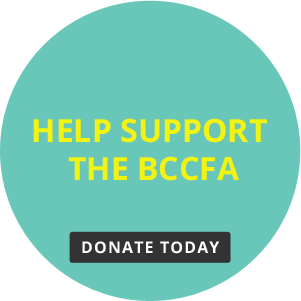Talking To Your Friends
Your friends will want to welcome you home from the hospital and may have questions about your injury. You can take that time to share information and help teach your friends about your brain injury. This can help your friends better understand how to help support you as you begin to resume your life again.
Friends can help by:
- Planning activities that you can participate in safely
- Helping others understand brain injury
- Helping you take notes
- Carrying your books
- Workout with you during rehabilitation
- Bring your homework home for you if you can’t go to school
- Help you with your chores (now that’s a good friend!).
Everyone approaches their friends differently, so in the end, do what’s comfortable for you!
Returning To School
A meeting should be help at your school with you, your parents and your teachers to talk about how they can best support you when you return.
You may be able to get some extra support, technology and accommodations that will make it easier for you to complete your work while you’re still healing.
Be ready to feel tired or overwhelmed at first, especially if it’s been a long time since you were last at school.
Be honest with your parents and teachers if you are finding work or being at school difficult.
The more they know, the better able they are to help.
Returning To Work
Returning to work should follow the same basic principals as returning to school. If you are working part-time while attending school, you may need to decide to focus on returning to one at a time. It may be easier to return to work once you have successfully returned to school full-time.
When it’s time to head back to work, it will be important to have a realistic idea of what you are able to handle.
It is important to be honest with your current/future employer when it comes to not only your strengths, but also the accommodations you will need to be successful.
Some common accommodations at work include:
- Frequent breaks
- Modified work day
- A calendar
- Ergonomics of your work station
- Modified work tasks
- Assistive technology (i.e. special computer, tape recorder)
- Job coach
- Check-in buddy
- Cheat sheet for sequencing tasks
Tips & Resources
Anyone in B.C. with questions about a child or youth with brain injuries is welcome to call our information line.
Lower Mainland : 604.451.5511 or Toll Free : 1.877.451.5511. 
COMMUNITY BRAIN INJURY
ABOUT CBIPCY
Who Are We
Program Staff
RESOURCES
Brain Injuries
Brain Functions
Concussions
For Families
For Youth
Downloads & Links

